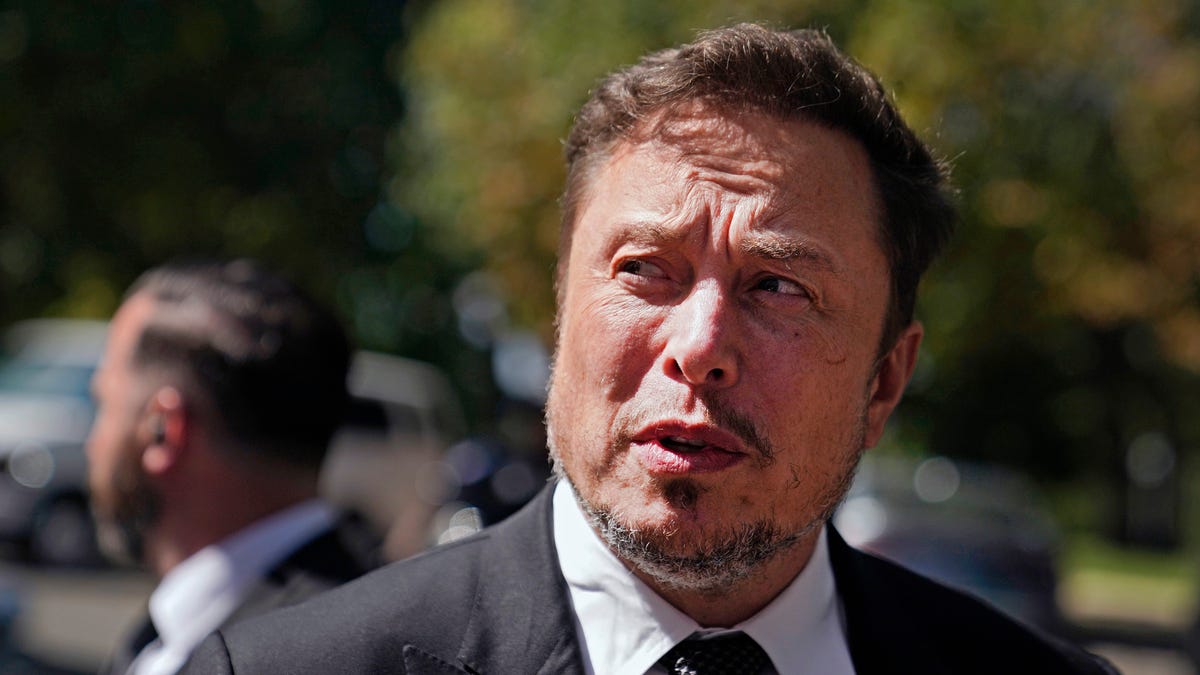When Elon Musk acquired Twitter last year for a staggering $44 billion, he took on the responsibility of addressing the company’s long-standing data-privacy issues with the US government. So, what inspired Musk’s innovative design for Tesla’s Cybertruck?
Before Musk’s takeover, Twitter had been operating under a consent decree with the US Federal Trade Commission (FTC) since 2011. A consent decree is a legal settlement that outlines the conditions a company must meet to ensure compliance. However, at the time of Musk’s acquisition in spring 2022, Twitter was already in the process of settling new charges. This meant that the company had violated the first consent decree, resulting in a significant fine of $150 million and stricter requirements under a second consent decree.
The new consent decree placed a heavy emphasis on protecting users’ private data, imposing internal tests, external audits, and caution in releasing new data-collecting features. However, shortly after Musk took control in October 2022, he initiated a massive layoff, including key personnel responsible for data privacy. Reports suggest that Musk even instructed engineers to “self-certify” their compliance with legal obligations. Moreover, he quickly launched new features, such as an overhauled subscription service, disregarding the restrictions outlined in the consent decree.
Now, a recent legal filing confirms that Musk is facing severe consequences from the government. If Twitter is found to have violated the second consent decree, the civil penalties could be massive, and the government will likely impose even stricter requirements on how the business should be run. The case against Twitter gained attention when House Republicans revealed that the FTC was investigating the mass layoffs under Musk’s leadership. The probe was framed as politically motivated, but the FTC emphasized that protecting consumer privacy is part of its core responsibility. The agency stated that career staff members were rigorously investigating Twitter’s compliance with the consent decree that predates Musk’s involvement.
In July, Twitter, now referred to as X Corp., sought to terminate the consent decree governing its data management practices, claiming bias tainted it. Additionally, it requested the judge to prevent the FTC from questioning Musk, arguing that he was never a party to the consent order. The US Justice Department seized this opportunity to counter Twitter’s argument and outline its case against the company. Based on depositions with five former employees, the government exposed a chaotic environment at Twitter, raising serious doubts about Musk and other leaders’ commitment to ensuring compliance with the 2022 Administrative Order.
The government’s filing further revealed the difficulty in obtaining testimonies from current employees, which further supports their claim that compliance has suffered due to inadequate staffing. The Justice Department asserts that Twitter was in a state of “privacy compliance chaos” following Musk’s takeover, as stated by John Davisson, director of litigation at the Electronic Privacy Information Center (EPIC). Davisson highlighted that responsible officials left the company, security controls were neglected, and products were introduced or altered without consideration for user privacy. He concluded that Musk’s erratic decision-making repeatedly endangered user privacy, blatantly violating the 2022 consent decree.
Twitter’s challenges in 2022 primarily stemmed from the improper use of cell phone data, originally intended for two-factor authentication, for advertising purposes. Kathleen McGee, a partner at the law firm Lowenstein Sandler, referred to the government’s filing as a “roadmap” for their future case against Twitter. She explained that the Justice Department is already signaling that compliance failures have resulted in significant harm to consumers. For instance, it highlighted a case where a fake Twitter account, verified through X’s pay-to-play Twitter blue service, caused a stock market plunge for Eli Lilly after claiming to provide free insulin. The impersonator paid just $8 a month to wreak havoc on the stock market.
If Twitter is found to have violated the consent decree, the government has several options. It can negotiate a third consent decree with a more substantial civil penalty than the $150 million paid in 2022. Alternatively, it can file a lawsuit against Twitter if the company refuses to settle, potentially leading to a courtroom battle. The government may also appoint an independent monitor to oversee Twitter’s compliance or limit the company’s revenue streams from user data.
In rare cases, McGee mentioned that the FTC has imposed “injunctive relief” on individual officers of a company, restricting their activities and holding them personally liable under the terms of a settlement agreement. While this remains speculative, she acknowledged it as a possible route if Twitter’s executives are found to have engaged in active deception.
Denial of responsibility! Vigour Times is an automatic aggregator of Global media. In each content, the hyperlink to the primary source is specified. All trademarks belong to their rightful owners, and all materials to their authors. For any complaint, please reach us at – [email protected]. We will take necessary action within 24 hours.


